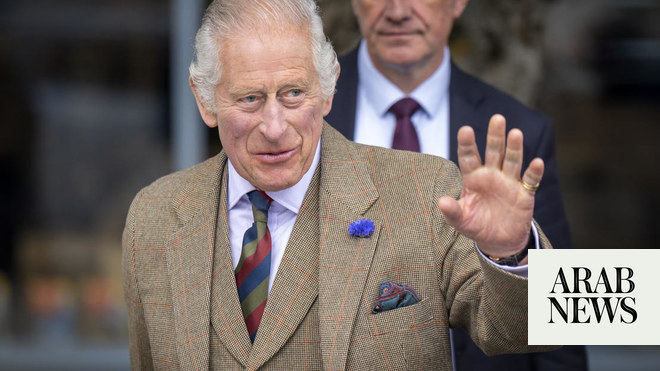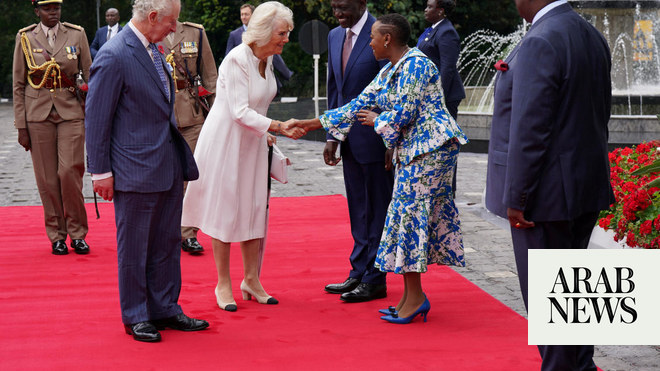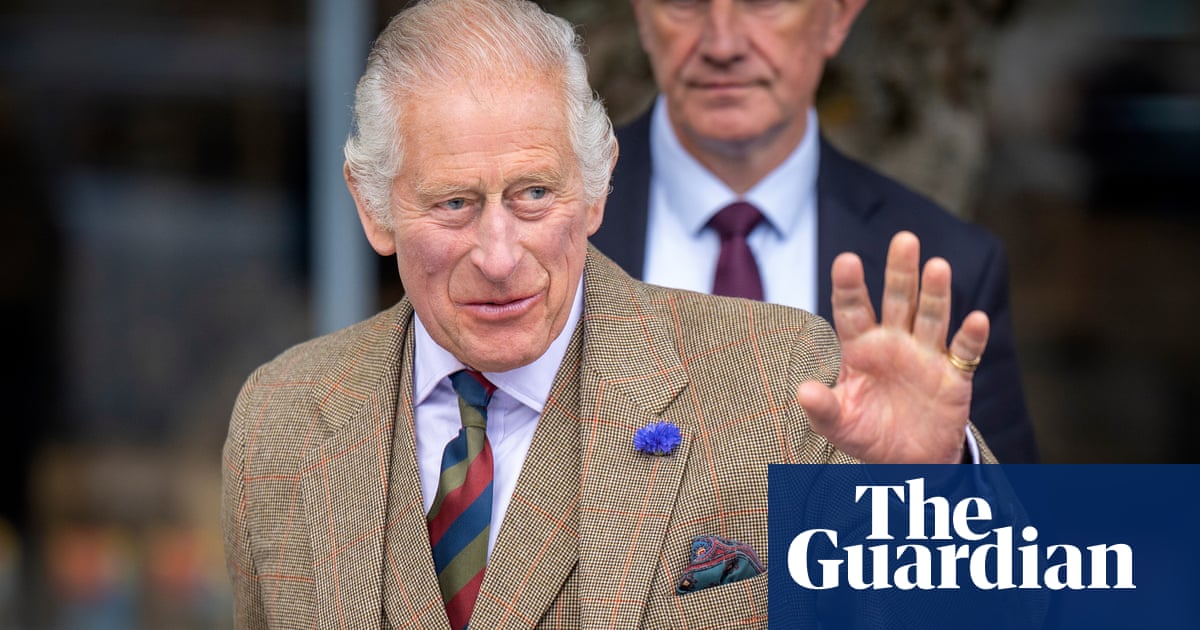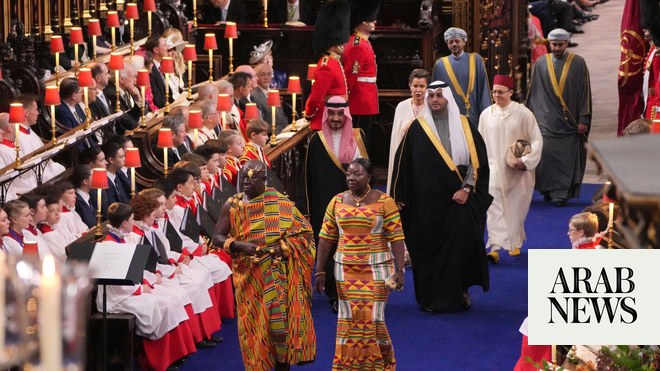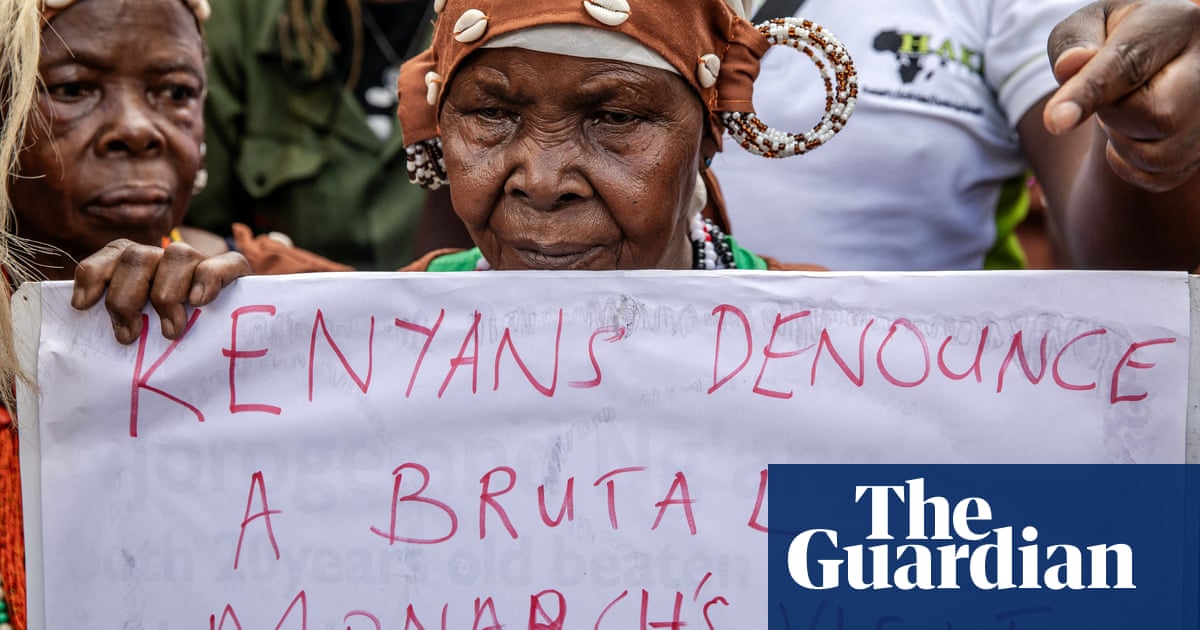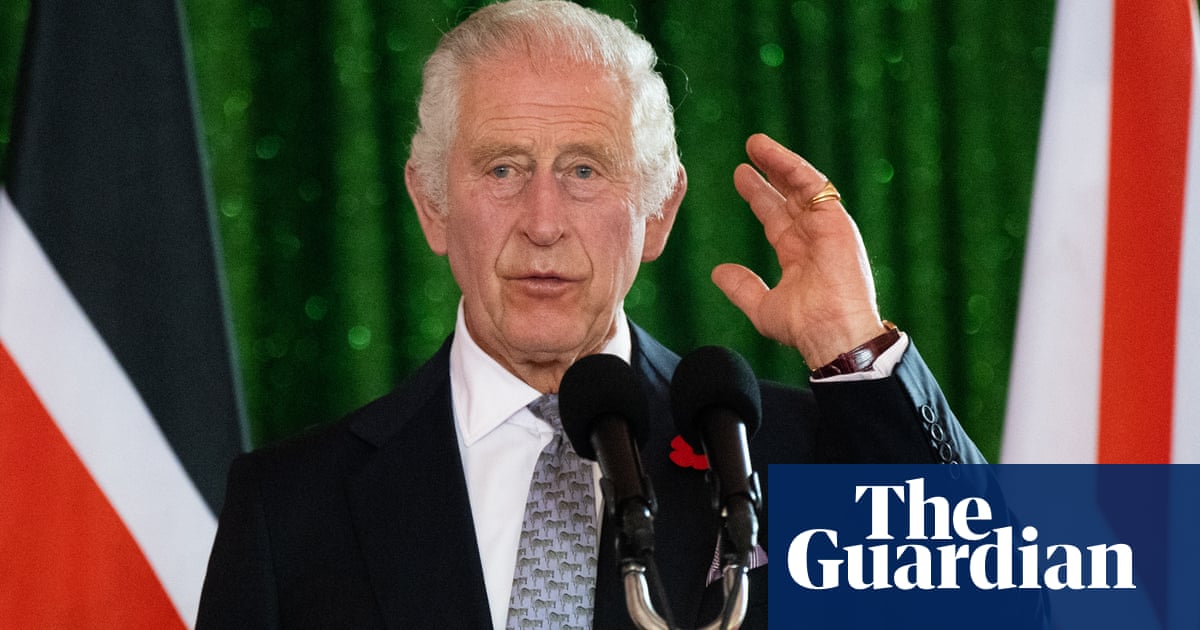
King Charles has spoken of the “abhorrent and unjustifiable acts of violence” committed against Kenyans during their fight for independence from Britain but stopped short of an apology.
Charles used a speech, delivered during a banquet in Kenya held in his honour, to speak of the “greatest sorrow” and “deepest regret” for the “wrongdoings” of the past, a period when Britain’s colonial administration violently put down Kenya’s battle for self-rule.
Kenya’s president, William Ruto, praised the king’s “exemplary courage” in shedding light on “uncomfortable truths” but described the colonial reaction to African struggles as “monstrous in its cruelty” and said “much remains to be done in order to achieve full reparations”.
Earlier, the Kenya Human Rights Commission urged King Charles to offer an “unequivocal public apology”. Kenya’s uprising, commonly known as the Mau Mau rebellion, was an armed movement that began in the early 1950s, fuelled by the resentment some members of the Kikuyu tribe felt towards their British rulers, European settlers who farmed land in Kenya, and a lack of political representation.
White farmers were targeted in violent attacks, as were some Kikuyu said to have collaborated with the authorities during the unrest known as the “Kenya emergency”.
The commission has claimed 90,000 Kenyans were executed, tortured or maimed during the British administration’s counter-insurgency.
Speaking after Ruto, Charles told the 350 banquet guests gathered at the president’s official residence in the capital Nairobi: “It is the intimacy of our shared history that has brought our people together.
“However, we must also acknowledge the most painful times of our long and complex relationship. The wrongdoings of the past are a cause of the greatest sorrow and the deepest regret.
“There were as they waged, as you said at the United Nations, a painful struggle for independence and sovereignty, and for that, there can be no excuse.
“In coming back to Kenya, it matters greatly to me that I should deepen my own understanding of these wrongs, and that I meet some of those whose lives and communities were so grievously affected.”
The king and queen spent the first full day of their five-day state visit acknowledging the sacrifices of Kenyans, with King Charles laying a wreath at the tomb of the Unknown Warrior in Nairobi’s Uhuru Gardens National Monument and Museum.
The tomb recognises Kenya’s fallen heroes, military and civilian, and King Charles’s floral tribute had a handwritten note that read: “In grateful remembrance – Charles R.”
The king and queen were also given a preview of the Mashujaa Museum, due to open next year, shortly after Kenya celebrates its 60th anniversary of independence on 12 December.
It tells Kenya’s national story and contains a Tunnel of Martyrs, which the royal couple walked down, chronicling the independence struggle and those who fell fighting for it as well as the stories of those killed in recent terrorist attacks.
In 2013, the British government made a statement of regret over the “torture and other forms of ill treatment” perpetrated by the colonial administration during Kenya’s emergency period of 1952-1960, and paid £19.9m to about 5,200 Kenyans for human rights abuses.





